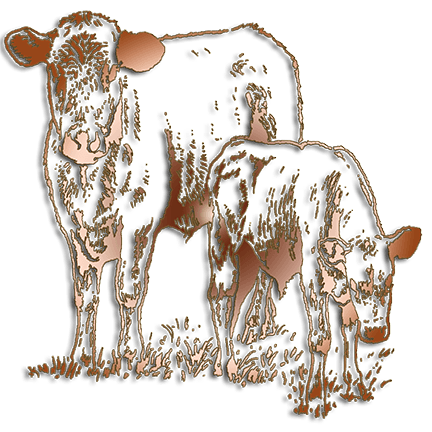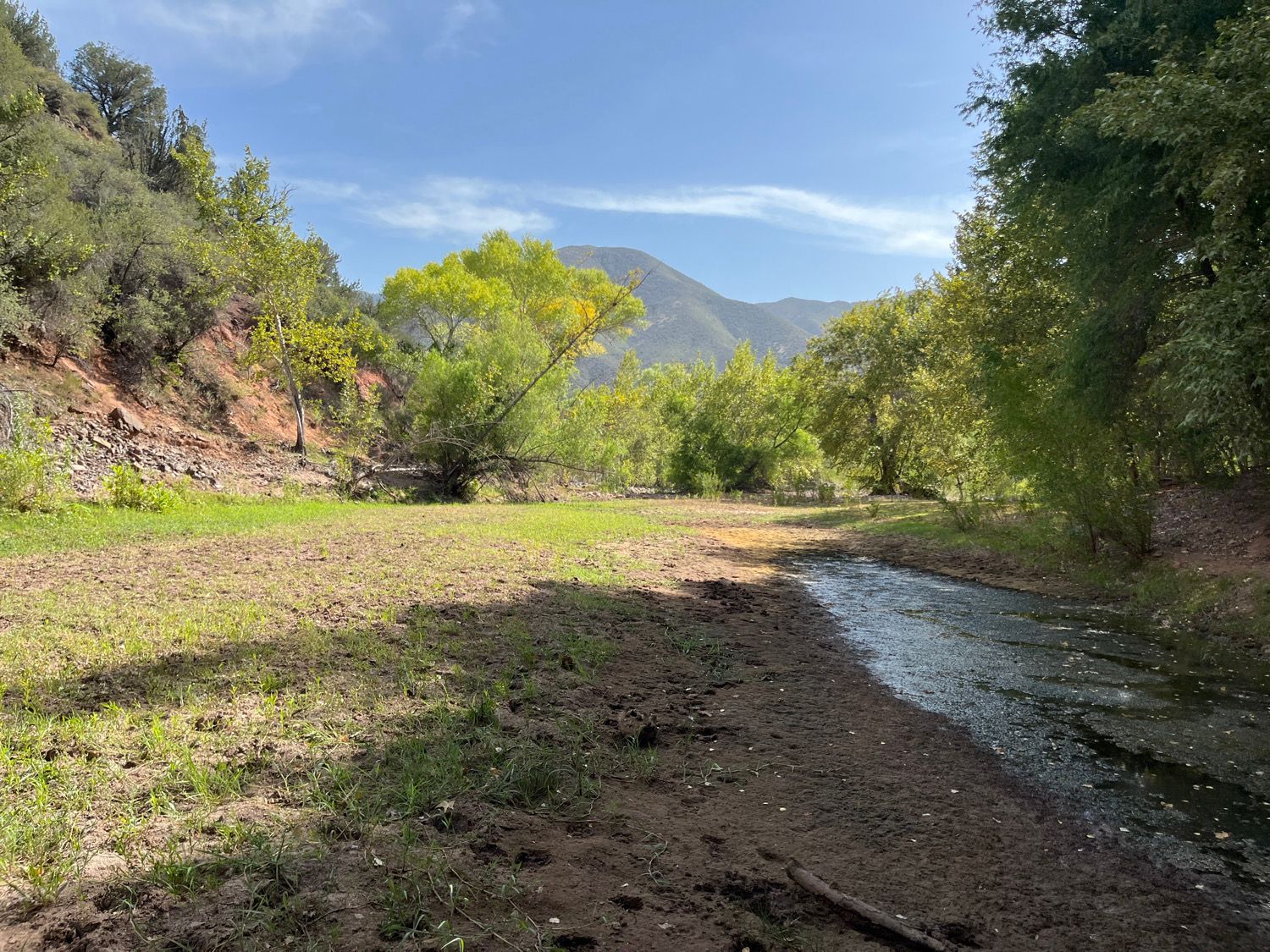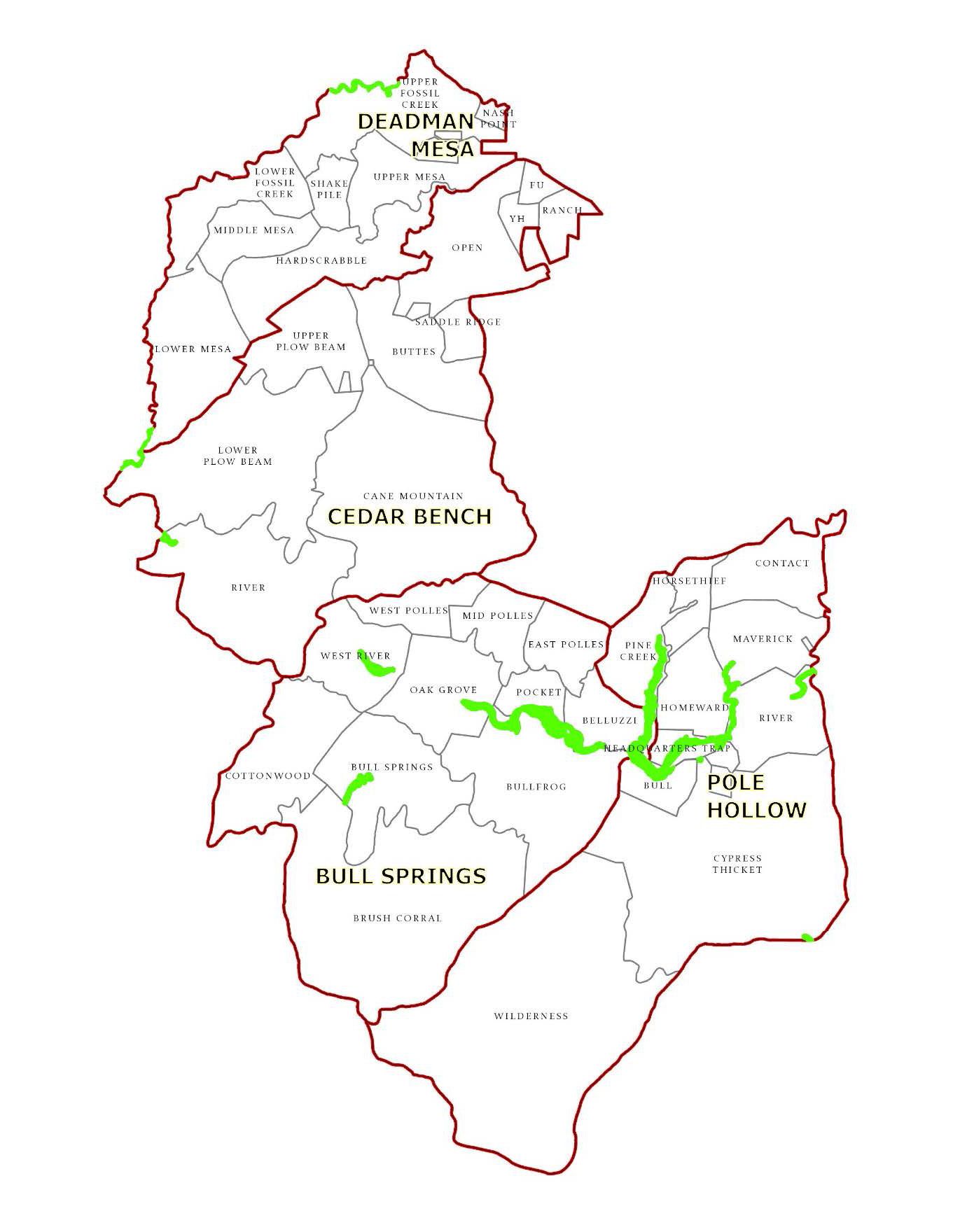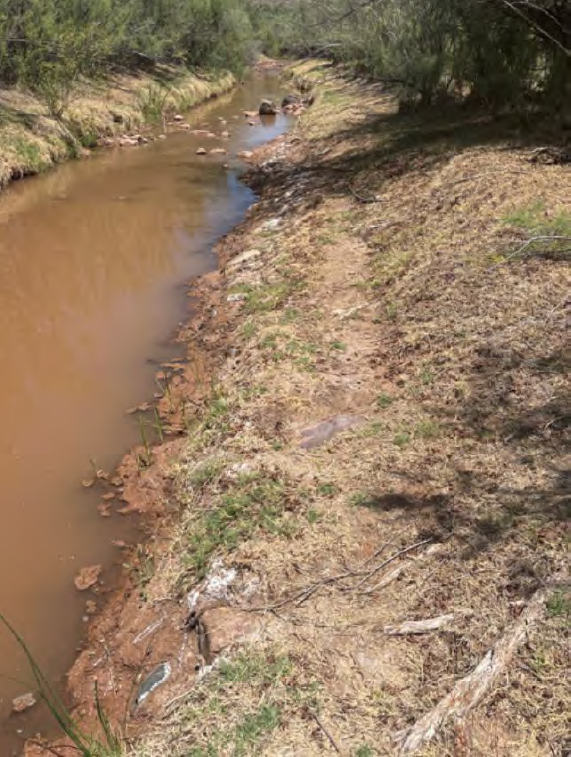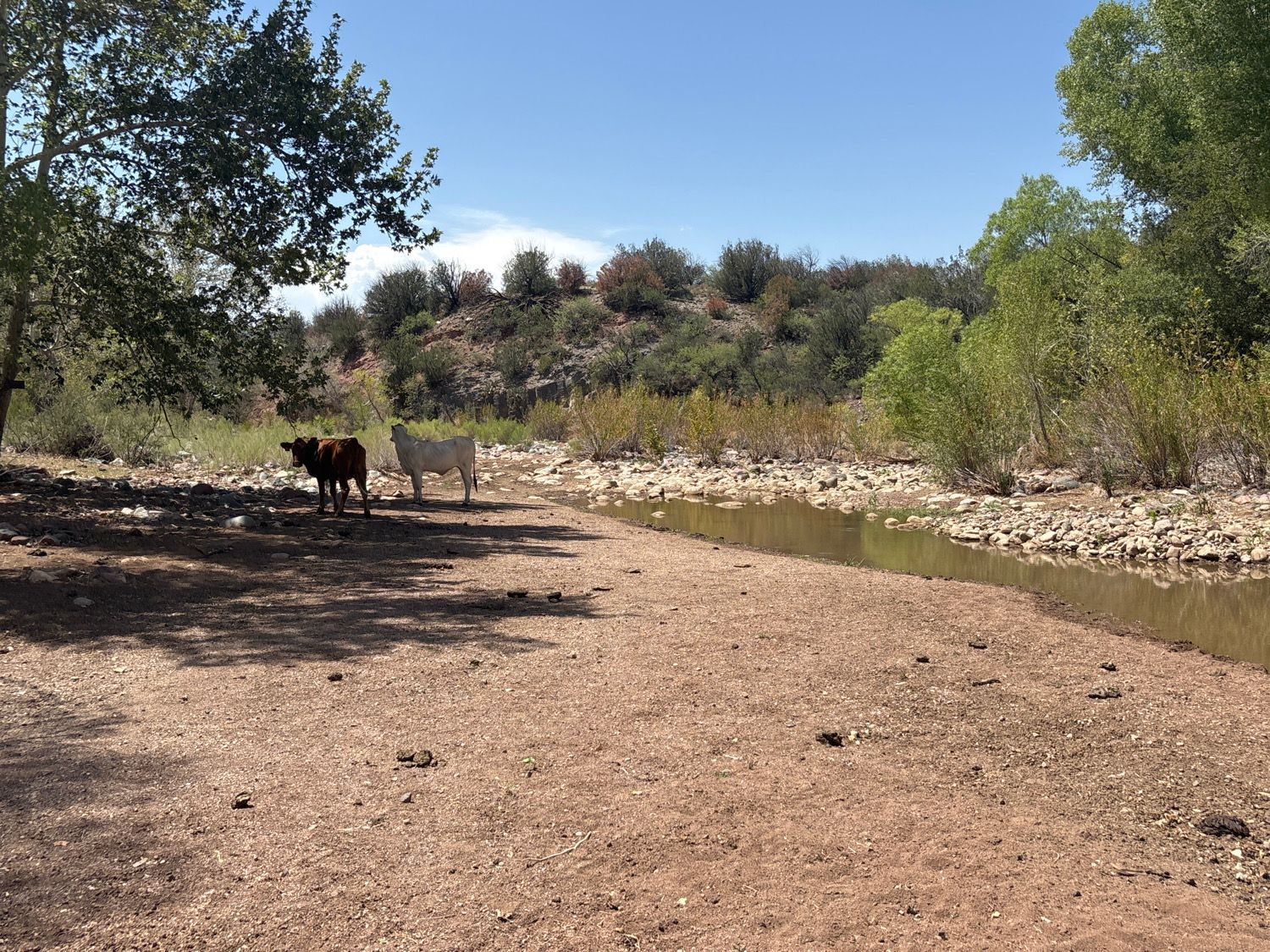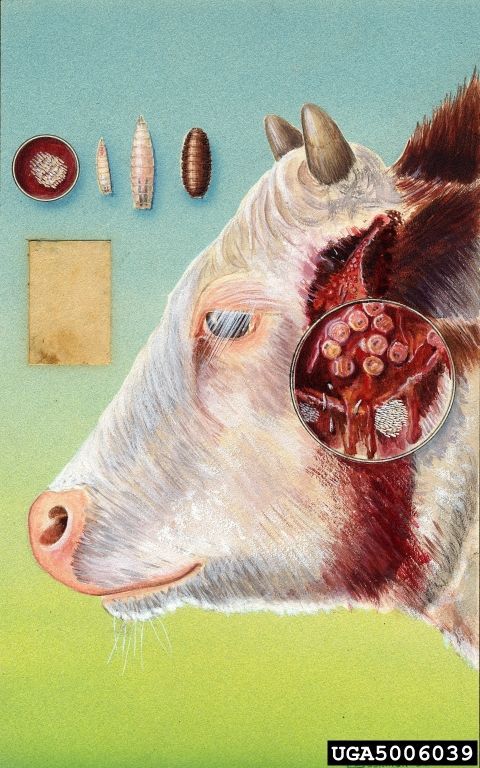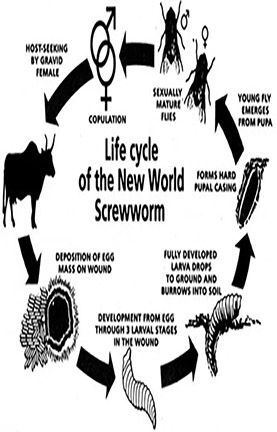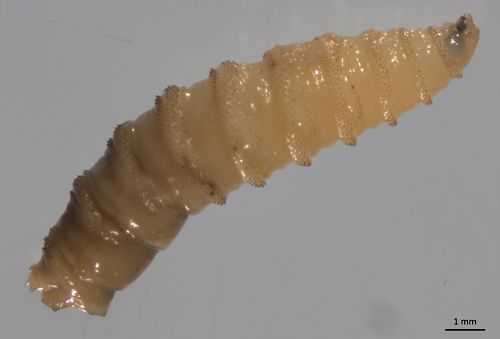Rancher's Resources Quick Links

We provide leadership on food, agriculture, natural resources, rural development, nutrition, and related issues based on public policy, the best available science, and effective management.
Arizona has several USDA agencies that provide various services and support to its residents and businesses. Here are some of the key agencies and their contact information:
NWS, Cochliomyia hominivorax - a devastating parasitic fly
For Immediate Release, February 3, 2026
Contact: Robin Silver, (602) 799-3275, rsilver@biologicaldiversity.org
Lawsuit Targets Illegal Livestock Grazing in Arizona’s Tonto National Forest
PHOENIX— The Center for Biological Diversity and Maricopa Bird Alliance sued the U.S. Forest Service and U.S. Fish and Wildlife Service today for allowing illegal cattle grazing to destroy protected streams and riparian areas in Arizona’s Tonto National Forest. The forest provides critical habitat for many endangered species, including birds, snakes and fish.
“We won’t tolerate destruction of Arizona’s precious desert riparian habitats, so we’re going to court to protect them,” said Center co-founder and board member Robin Silver. “Illegal grazing is decimating streams and endangered species habitat on the public’s land, and it must end. Federal agencies must obey the law and remove cows from these places now.”
Surveys conducted by the Center in 2025 found moderate to significant damage from cattle grazing along 55% of 122 miles of waterways across 25 grazing allotments named in today’s lawsuit. By destroying vegetation, crushing stream banks, and polluting water with urine and feces, cattle have damaged habitat for yellow-billed cuckoos, Southwestern willow flycatchers, Chiricahua leopard frogs, northern Mexican garter snakes, narrow-headed garter snakes, spikedace, razorback suckers and Gila chub.
Grazing damage occurred on allotments leased by 21 ranching operations. From 1995 to 2024 those operations received $8.3 million in federal and state subsidies — an average of $394,520 each — according to data from the
Environmental Working Group and the Arizona Grazing Clearinghouse. These figures do not include the reduced federal grazing fees paid by the ranchers.
“The public loses twice when the same livestock operations that are allowed to trash endangered species habitat also receive deep public subsidies,” said Silver. “The industry’s awash in subsidies, and it’s an obscene use of public money and public land.”
Damaging cattle grazing has persisted despite a U.S. Department of Justice attorney telling a federal judge that
“it's well settled that cattle and riparian areas do not mix” and the Forest Service stating “[r]ivers and streambeds are conduits for life… Protection and enhancement of riparian and aquatic areas is paramount in providing habitat and sustainable water for dependent fish, wildlife, plant species, and human communities alike.”
“We cannot stand by and watch the ongoing destruction of Arizona’s desert riparian habitats,” said Maricopa Bird Alliance conservation chair Charles Babbitt. “The grazing abuse that has been carefully and repeatedly documented must stop.”
Roughly three-fourths of Arizona’s wildlife species depend on riparian areas to survive even though these streamside habitats represent only 0.5% of the state’s total land area. Removing banned cows from riparian areas is critical to curbing the extinction crisis in the Southwest.
Ranching on public lands in Arizona accounts for just 1.2% of total U.S. beef production, yet remains the most widespread commercial use of public lands and a leading cause of biodiversity loss in the arid West.
Today’s lawsuit, filed in U.S. District Court in Phoenix, says the federal agencies violated the Endangered Species Act by failing to protect threatened and endangered plants and animals, and their critical habitat, from cattle grazing in the national forest. Critical habitat is designated under the Endangered Species Act to provide for the survival and recovery of endangered species.
Eubanks and Associates are representing the Center and Maricopa Bird Alliance in this lawsuit.
The Center for Biological Diversity is a national, nonprofit conservation organization with more than 1.8 million members and online activists dedicated to the protection of endangered species and wild places.
Cochliomyia Hominivorax Life Cycle
Yellow-billed cuckoo breeding habitat, Tonto National Forest. Photo credit: Center for Biological Diversity.
Primary Screwworm Heatherwalden Larva
Yellow-billed cuckoo breeding habitat, Tonto National Forest. Photo credit: Center for Biological Diversity.
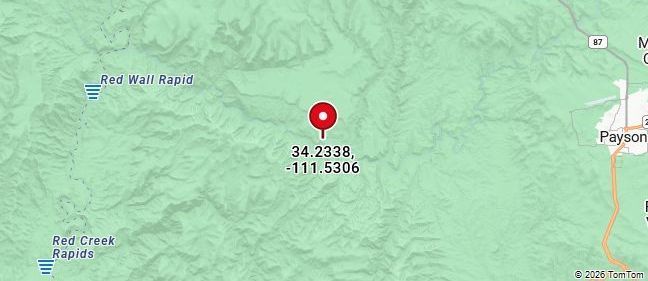
The New World Screwworm (NWS, Cochliomyia hominivorax) is a devastating parasitic fly native to the Western Hemisphere. When NWS fly larvae (maggots) burrow into the flesh of a living warm-blooded animal, it lays eggs in the living tissue of fresh wounds. The larvae (maggots) feed on the host’s flesh, causing severe wounds and often death if untreated. NWS can infest livestock, pets, wildlife, occasionally birds, and in rare cases, people.
The pest was eradicated in the U.S. in the 1960s. Since then, it occasionally reemerges and has resurfaced in Central America and Mexico. They are controlled only through the release of sterile males, known as the sterile insect technique (SIT). This approach, along with regular active surveillance and livestock inspections, has proven highly successful.
As of May 2025, renewed attention to this parasite is crucial, as it may pose future risks to livestock and wildlife. This is a fast-moving issue, as we have seen the border close, then open, now closed again. With a reported case in Veracruz in Mexico, the screwworm is 370 miles south of the U.S./Mexico border (see map below). It will be very important for us in Arizona to track these developments.
Secretary of Agriculture Brooke Rollins has been transparent in the plans the Department has created to fight this pestilence. They are focusing on three strategies to strengthen our response:
- Effective controls on the movement of animals
- Strong surveillance systems and public outreach
- The use of sterile insect technology and exploring additional innovative methods of eradication.
Click this link to read and/or download the Domestic Readiness and Response Policy Initiative 5-Prong Strategy from USDA. This site will be updated as new information is available.
Additional Informational Resources
- Az ALIRT Bolo - New World Screwworm (NWS) (PDF Download)
- About New World Screwworm Myiasis - CDC Website
- Texas A&M AgriLife New World Screwworm Fact Sheet (PDF Download)
- New World Screwworm: Awareness and Resources to Protect Your Livestock - Farm Bureau Website
- New World Screwworm Facts- NCBA PDF Download
- New World Screwworm - USDA Animal and Plant Health Inspection Service Website
New World Screwworm (cochliomyia hominivorax)
This is the text area for this paragraph. To change it, simply click and start typing.
